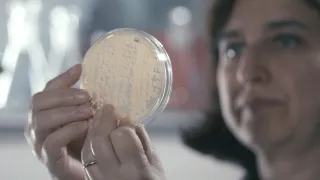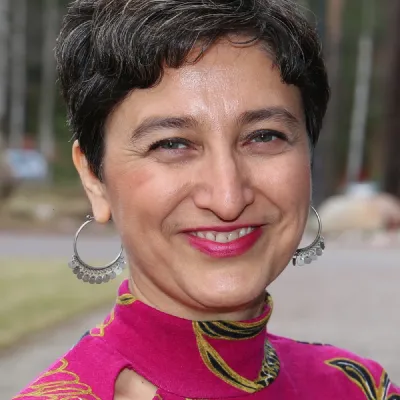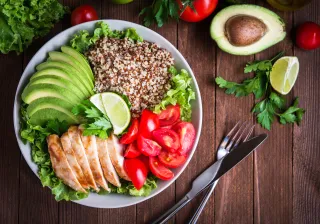Today, it is April 22nd, yet another “Earth Day” since 1970. Our battle for a sustainable green planet environment continues with increasing urgency, as the changes in climate and environment affecting our lives take place in an accelerated path. What we eat and how our food is made affects the future of our planet and the humanity.
The new Intergovernmental Panel on Climate Change (IPCC) publication states brutally the environmental impacts of the food system. According to the report, 23-42% of global greenhouse gas (GHG) emissions are associated with food systems. From food consumption perspective, the report recommends diets high in plant protein and low in meat and dairy as a potential means to lower GHG emissions. From food production perspective, emerging food technologies such as precision fermentation, cultured meat, plant-based alternatives to animal-based food products, and controlled environment agriculture, have the highest potential in providing substantial reduction in direct GHG emissions.
Let’s start putting things in a scale by looking at our own living environment, that is, Finland. On average, we consumed 80 kg meat per person in Finland in 2020, with the same meat consumption path this will makes 3 pigs, 0.5 calf and 238 chickens by 2030! Only by replacing one fifth of this meat with plant-based alternatives, one can save 18 % clean water, 16 % CO2 and free 112 kg grains from feed to food.
Food processing is a critical component of the sustainable food system
Consumption is only one side of the story. What we need to change is not only our diet but also the way we process raw materials into edible ingredients and finally to foods. The history of food processing is as old as the invention of “the wheel” has been initially used to mill the grains not for transportation. BC era includes both primary (ingredients) and secondary (foods) processing technologies such as; oil and sugar extraction, fermentation (beer, wine, cheese, yoghurt, pickle, flavorings), bread and pasta making. As an outcome of agricultural and industrial revolution, processed foods became an integral part and a significant contributor to our food security and well-being. Still today, processing is one of the main solution paths to our global challenge of resource scarcity and feeding 10 billion people by 2050.
We must find new smart and sustainable food processing technologies decoupled from land and climate also assuring biodiversity. VTT’s Sustainable Food System challenge, with its three thematic areas of 1) Plant based food 2) Cellular agriculture 3) Agile food design and production are already focusing on sustainable food solutions, including system level considerations with food security, climate change, limited agricultural area and water scarcity issues.
VTT has readily available technologies and solutions that can be immediately adapted to production of nutritious ingredients and foods by using local raw material sources (e.g., oat, rye, faba beans) and side-streams (e.g., fish, meat, oil press-cakes). In addition to plant-based solutions, we are working for developing new food production solutions, namely cellular agriculture that can provide solutions to produce food with very low dependency on arable land and climate. These solutions are also analyzed from the viewpoint of food security, nationally and globally. Further, through VTT data analytics, block chain and cyber security expertise we can complement in building safe and secure food distribution and supply chain.
What will you do?
I would like to end my words here with a quote from John Ruskin, a famous critic from the 18th century, “Consumption absolute is the end, crown and perfection of production; and wise consumption is a far more difficult art than wise production. The wealth of a nation is to be estimated only by what it consumes. As consumption is the end and aim of production, so life is the end and aim of consumption.” Our consumption and actions in the next decade will determine either we revert environmental impact of agriculture and food production for good or we fail and face the consequences altogether. Changing our food consumption pattern and the way we produce food is one of the key priorities to stabilize the planetary boundaries.
Today it is Earth Day and this year’s theme is "Invest In Our Planet. What Will You Do?". Yes, what will you do?

Photo by the VTT ELAIS Team and Photino Science / Pentti Pällijeff





